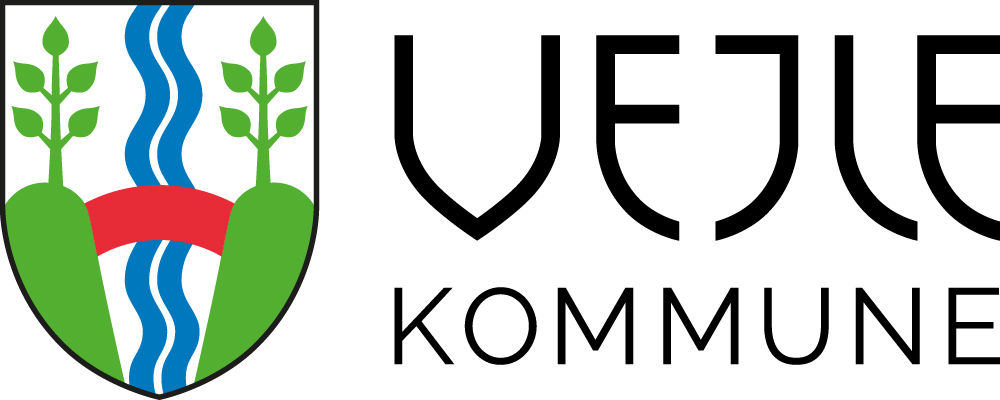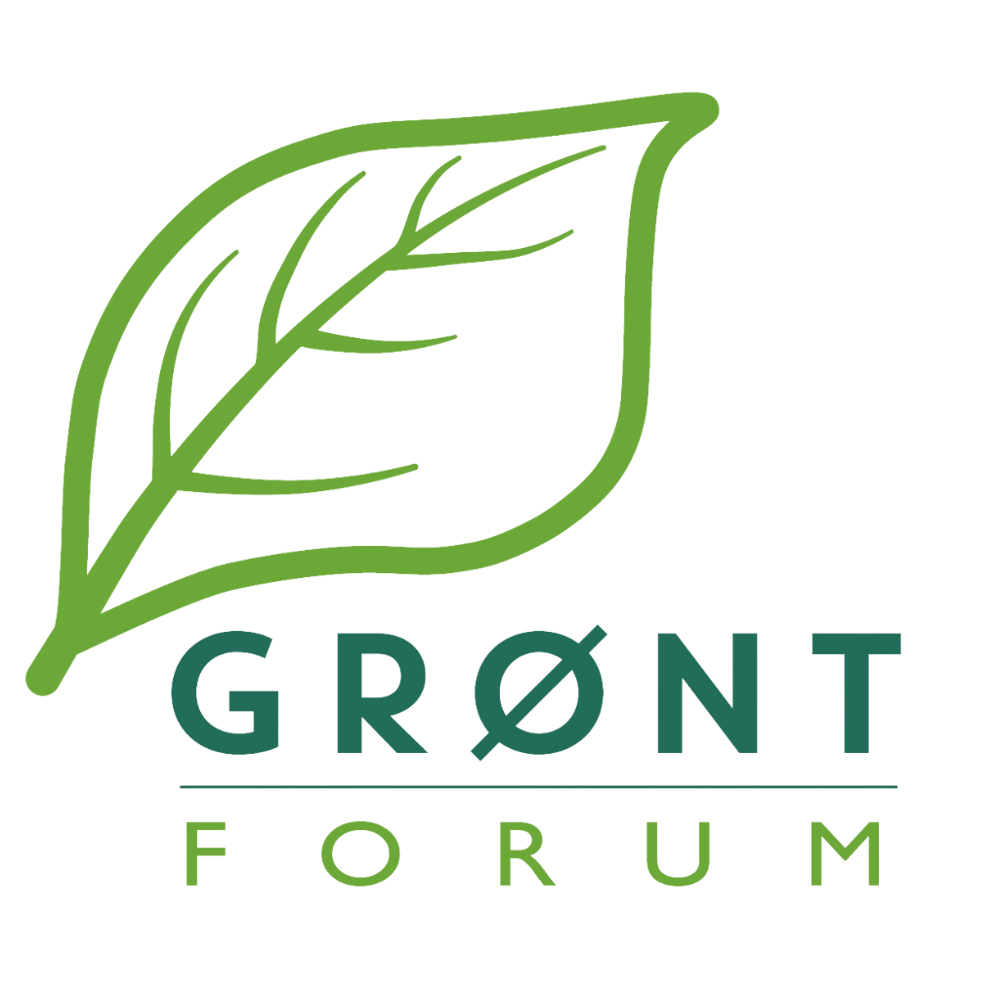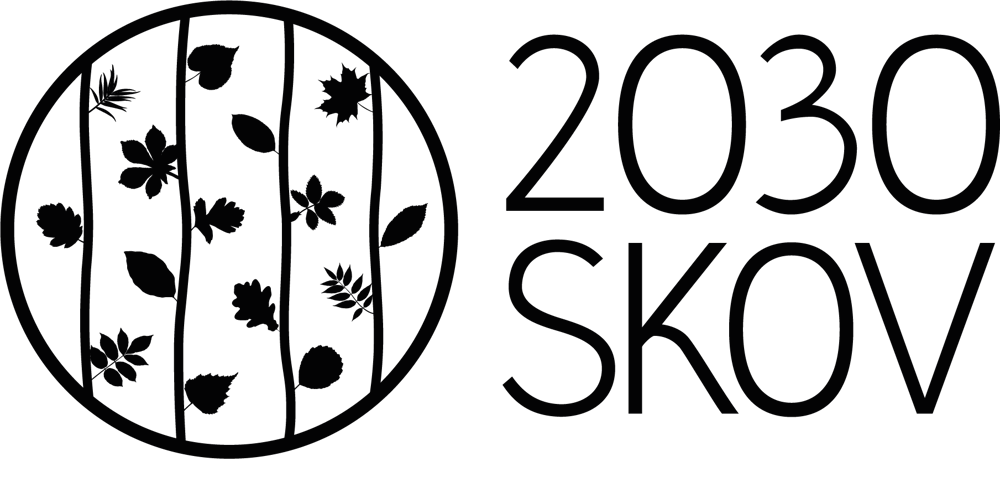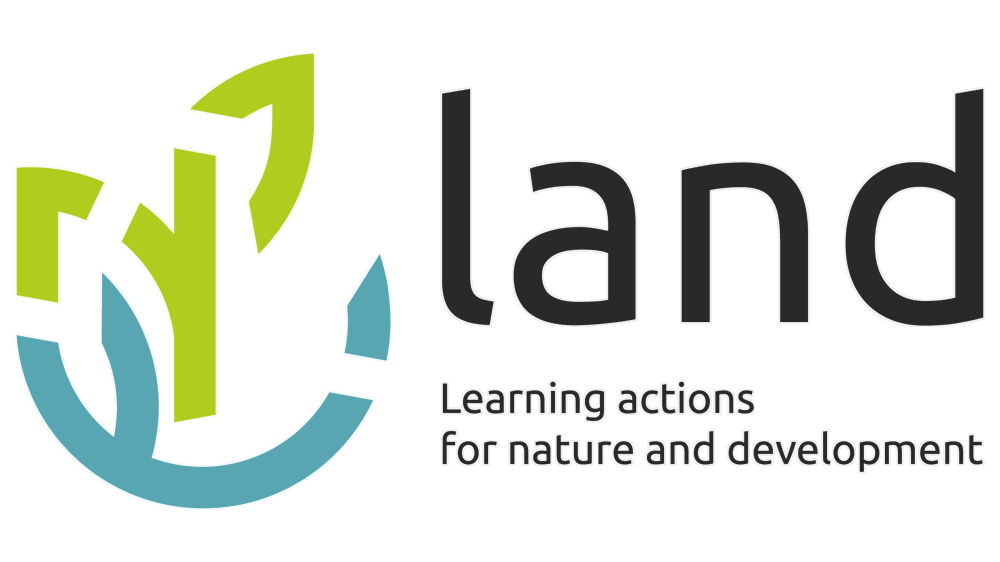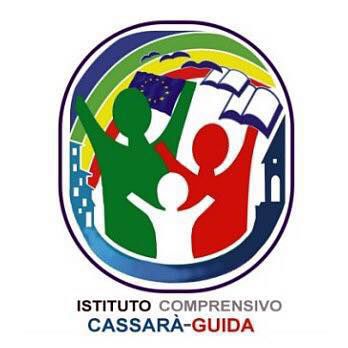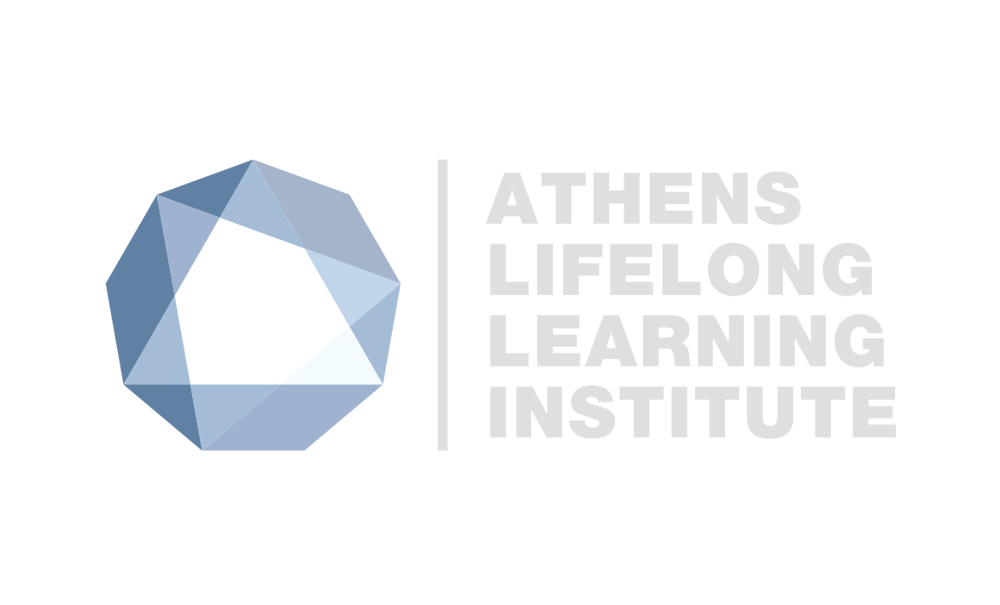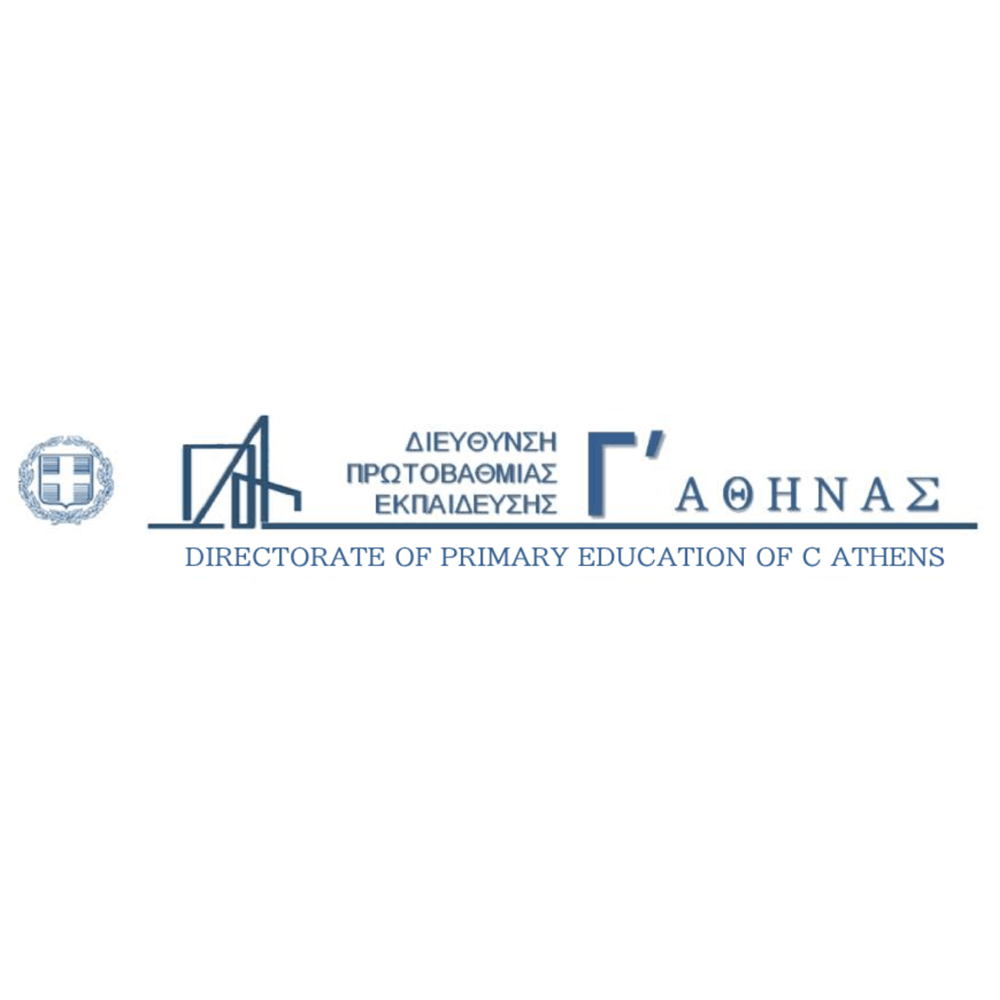The specific objectives of the curriculum are:
- Identify national perspectives on education and urban biodiversity, to include in the design of the teaching curriculum.
- Design materials and content for an easy to use and apply teaching curriculum for primary schools, on micro forests as a teaching and involvement tool in primary schools.
- Prepare and conduct a training and exchange event for teachers of the implementation partners (the local schools), which will prepare them to test the curriculum and online platform.
- Support the quality of the testing activities by guiding and support activities, facilitated by Omstilling Nu.
- Increase awareness of the importance of biodiversity and climate action as a main school subject, and practical activities and community engagement as relevant tools to facilitate learning on key skills and mindsets for pupils.
- Develop a final curriculum based on the local testing activities and evaluation gathered in WP4, which can be used in everyday school activities as part of the regular school curriculum.
The primary outcome is the development of a comprehensive curriculum that provides clear guidelines, resources, and educational materials for schools and local communities to establish micro forests as well as practical descriptions of learning activities. This curriculum encompasses all stages of the process, including planning and design, planting, and maintenance, ensuring a holistic approach to micro forest establishment.
Through the testing phase with schools and volunteers, the project aims to gather practical insights and feedback. This includes understanding how well the curriculum translates into real-world application, identifying any challenges faced by schools and communities, and obtaining feedback on the effectiveness of the educational materials. This information is crucial for refining the curriculum and ensuring its practicality and relevance.
This information will be gathered as part of the evaluation process in WP4, and will feed back into the development of the curriculum.
The curriculum evolves based on lessons learned during the testing phase and incorporates feedback from schools and communities. The result is a curriculum that is current, effective, and capable of addressing the diverse challenges and contexts of urban areas involved in the project.


